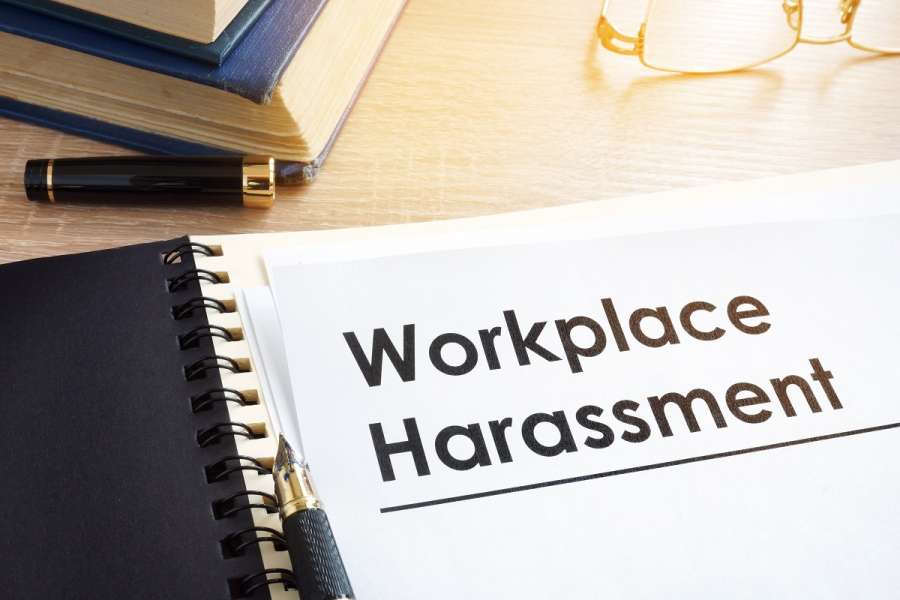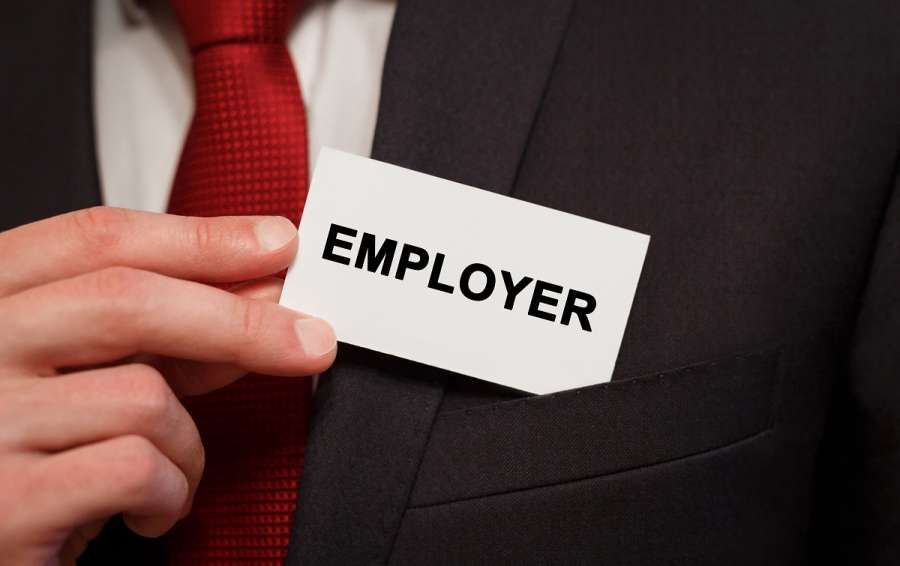The current absence of express legislation specifically defining and outlawing bullying obviously does not mean that employers have no legal duties to prevent such behaviour, nor does it mean there are no protections for victims of bullying and harassment in the workplace.
Constructive unfair dismissal
An employee might decide to resign on the back of being bullied and harassed at work or in response to their employer's failure to address it.
This could potentially allow them to bring a claim for constructive unfair dismissal.
Unlike an express dismissal (where the employer terminates the employment contract, with or without notice), a constructive dismissal occurs where the employee resigns in response to conduct from the employer that amounts to a repudiatory breach of contract.
It is well-established that bullying and harassment in the workplace can amount to a repudiatory breach of contract, depending on the circumstances.
For example, the safety of the victim could be at risk, breaching health and safety duties, or the implied duty of trust and confidence that exists between an employee and employer might be breached.
A successful unfair dismissal claim will result in a "basic award" of compensation (which is calculated in the same way as a statutory redundancy payment) and a "compensatory award" based on the individual's financial losses (which is capped at £105,707 or their gross annual salary, whichever is less).
An employee wishing to bring a constructive unfair dismissal claim must have two years of service.

Discrimination claims
More serious instances of bullying can give rise to discrimination claims, such as harassment claims.
Harassment is defined by the Equality Act 2010 as 'unwanted conduct related to a relevant protected characteristic, which has the purpose or effect of violating an individual's dignity or creating an intimidating, hostile, degrading, humiliating or offensive environment for that individual'.
The "protected characteristic" in question could be an individual's age, disability, gender reassignment, race, religion or belief, sex, sexual orientation, marriage or civil partnership, or pregnancy and maternity.
In addition to the possibility of bad press and reputational damage, successful discrimination claims give the employment tribunal the power to award uncapped compensation, depending on what is just and equitable in the circumstances, unlike unfair dismissal claims, which can include non-financial losses for injury to feelings and personal injury, as well as financial losses.








